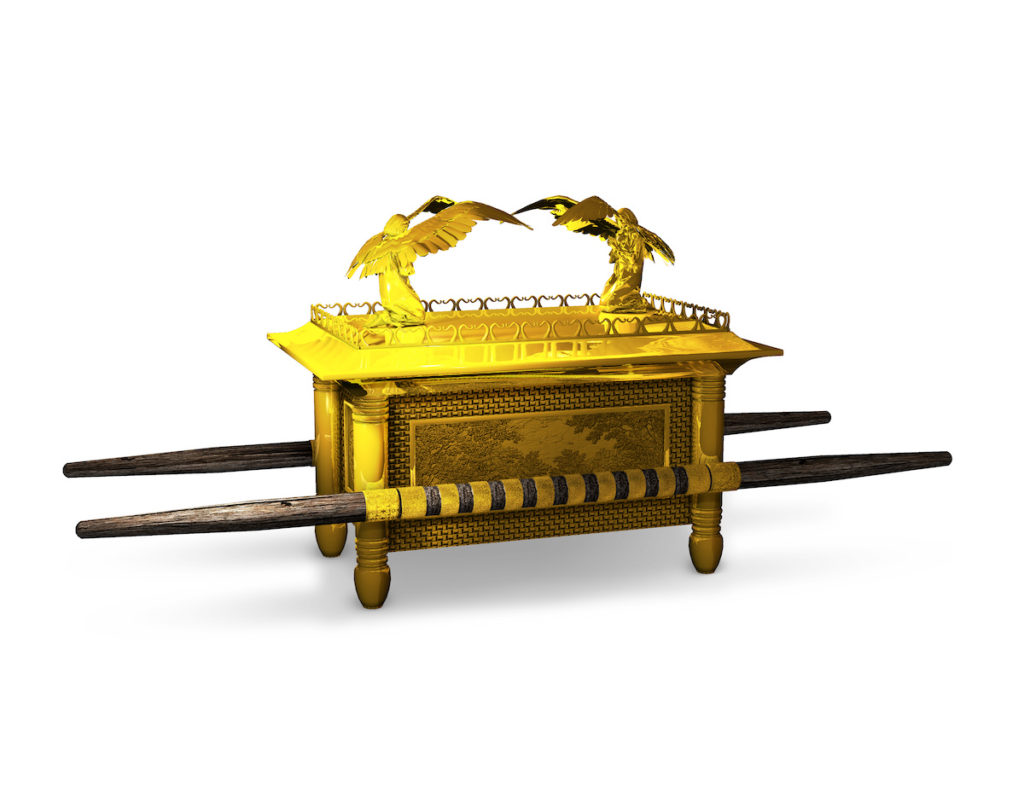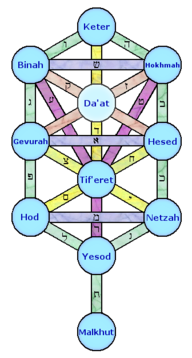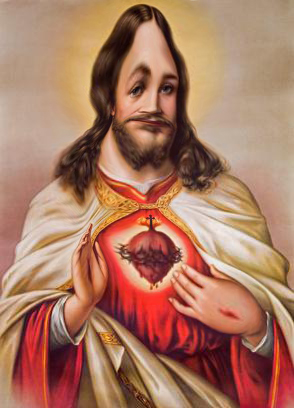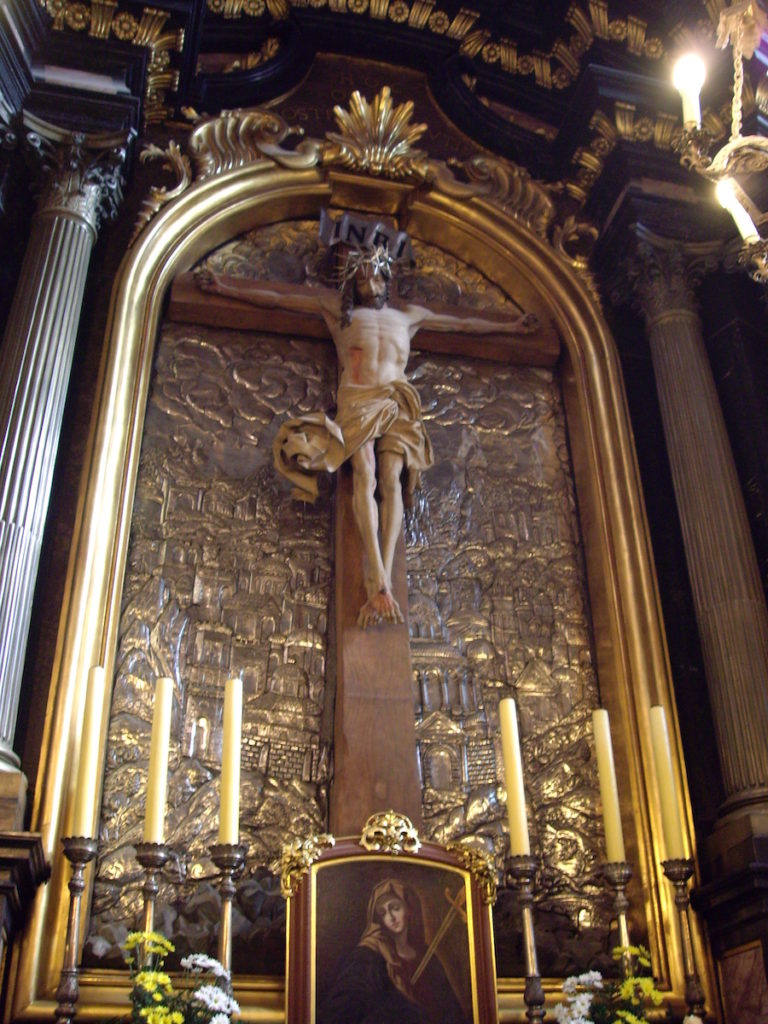
YOU need to read this article to understand what the Bible really says about salvation in it full Hebraic context. This will insure that YOU are truly saved and not just an unsaved false convert or a spiritual tare that will end up being cast into the lake of fire on Judgment Day.
The following information will also insure that you do not make false converts as you share the gospel messages with others.
This information is important to know because many Christian churches DO NOT preach the full Truth about salvation, but teach the unbiblical traditions of men, thus making millions if not billions of false converts who think they are saved but who are not saved according to biblical standards.
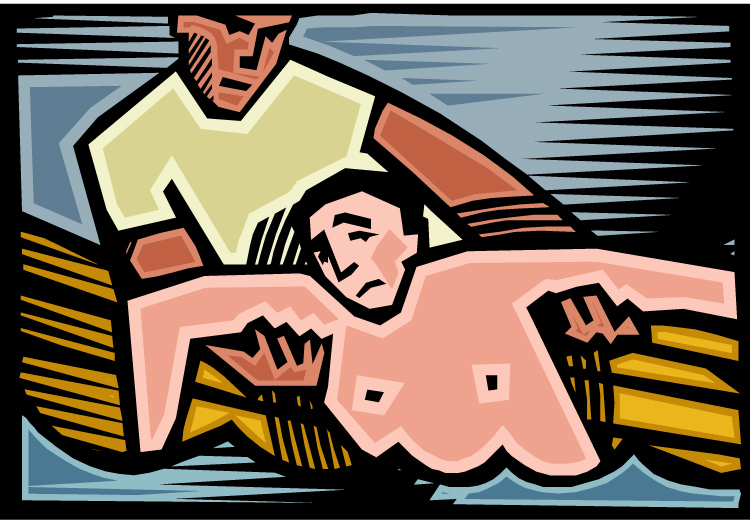
What is Salvation?
The dictionary defines the word salvation as “the deliverance from the power and effects of sin.” In a generic sense, salvation is “the preservation from harm, ruin or loss.” Relating the first definition, which is biblical in nature, to the second definition, which is generic in nature, we see that salvation is the deliverance or preservation from the power of sin, which causes harm, ruin or loss. Salvation and redemption are synonymous terms in biblical Hebraic thought. We will discuss the idea of redemption below. In the mean time, let us explore the ramifications and implications of salvation as it relates to the deliverance from the power of sin in a person’s life and how this relates to you.
So what is sin that it causes harm, ruin or loss, and what is being harmed or being lost such that each person needs deliverance? Very simply, Scripture (the Bible) defines sin as the violation of YHVH Elohim’s (the LORD God’s) commandments or his Torah-laws (1 John 3:4). What is YHVH Elohim’s Torah-law? Specifically it is the instructions, precepts or teaching of YHVH as found in the first five books of the Bible, which can then be expanded to include the entire Bible or Word of YHVH from Genesis to Revelation. The Word of Elohim commands all humans to live by every word that proceeds from the mouth of the Creator as found in Scripture (Deut 8:3; Matt 4:4). Man is to hear and do the Words of YHVH (Deut 6:4), place YHVH’s words in his heart (Deut 6:6), teach them to his children (Deut 6:7), and to make them the basis for all that he does and thinks (Deut 6:8). The words or laws of YHVH Elohim can be summed up as loving YHVH and loving one’s neighbor (Deut 6:5; Lev 19:18; Mark 12:30; John 14:15). Love is the fulfilling of YHVH’s commandments or laws (Rom 12:8–10). The cornerstone of all of YHVH’s laws is the famous ten commandments as found in Exodus 20. They are:
- I am YHVH your Elohim.
- You shall have no other gods before me and you shall not worship idols.
- You shall not take my name in vain.
- Remember the Sabbath day to keep it set-apart or holy.
- Honor you father and mother.
- You shall not murder.
- You shall not commit adultery
- You shall not steal.
- You shall not lie.
- You shall not covet your that which belongs to your neighbor.
The first five statements constitute loving YHVH Elohim, while the last five constitute loving one’s fellow man. These ten statements are but the beginning of YHVH’s laws as outlined in Scripture, which if man break, man is guilty of sin (1 John 3:4). There are 613 such laws in the Tanakh (Old Testament) and more than 1050 in the Testimony of Yeshua (New Testament). This may seem like a lot of laws for man to have to follow, but in reality, it is a small number of laws compared to the hundreds of law books that constitute the laws of most nations on earth. Whole law libraries are established to contain the laws of men!
Law and order or the rule of law form the basis of all areas of authority in the cosmos. There are five such realms of authority as outlined in Paul’s Epistle to the Ephesians. They are: divine, family or parental, church, civil or governmental and that of employers. As civil governments have established laws to maintain order among the inhabitants of a society, and as all societies impose penalties upon its citizens for breaking those laws, the same is true of YHVH’s divine laws. The violation of all laws brings a consequence or penalty of one sort or another. Some penalties are serious than others. The punishment should fit the crime. If one violates the law of gravity, for example, and jumps off a cliff, the result is death. If one drinks poison or has an unhealthy lifestyle, the result will be sickness or a premature death. If one violates a speeding law, the penalty may be a fine. If an employee violates a company policy, he may get fired from his job. If child disobeys a parent, the child will be disciplined. If one mistreats one’s fellow man, there are negative relational consequences. If one murders someone, imprisonment or the death penalty will occur. Similarly, Scripture teaches that if one violates divine law (i.e. sin) the penalty is death (Ezek 18:4; Rom 6:23).
The Bible also teaches that all humans have sinned (Rom 3:23). YHVH has imposed a death sentence upon everyone because sin results in harm, ruin or loss in one way or another. As a result, all humans need deliverance, redemption or salvation from the consequences of their sin. The Bible teaches that salvation is deliverance from that death, and that those who are saved will be granted eternal life or immortality because the death penalty has been lifted from them. Therefore, those who are saved from death, the result of sin, will be given immortality (Rom 6:23).
How can each person receive salvation from the wages or penalty of their own sin, which is death? Let’s now explore this concept.
Steps to Salvation
The Bible states that man has a sin problem (read Romans chapters 1 through 3), and that each person must take certain spiritual steps to rectify this problem. We will now explore these steps.

One can have their past sins forgiven by placing their faith in the death, burial and resurrection of Yeshua the Messiah (Jesus Christ), the son of Elohim who took man’s sins upon himself and died in each person’s place to satisfy the divine and legal judgment against each person because of sin (i.e. the violation of the Creator’s laws), so that man could pass from death to life (John 3:16). What is sin? We sin when we break YHVH’s commandments as revealed in the Bible, the Word of Elohim (1 John 3:4; Rom 3:20). When a person turns away from committing sin and places their faith in Yeshua, Scripture promises that the person will experience forgiveness resulting in a glorious spiritual relationship with our Father in heaven leading to eternal or everlasting life (Rom 3:21–5; 6:23).
Continue reading



